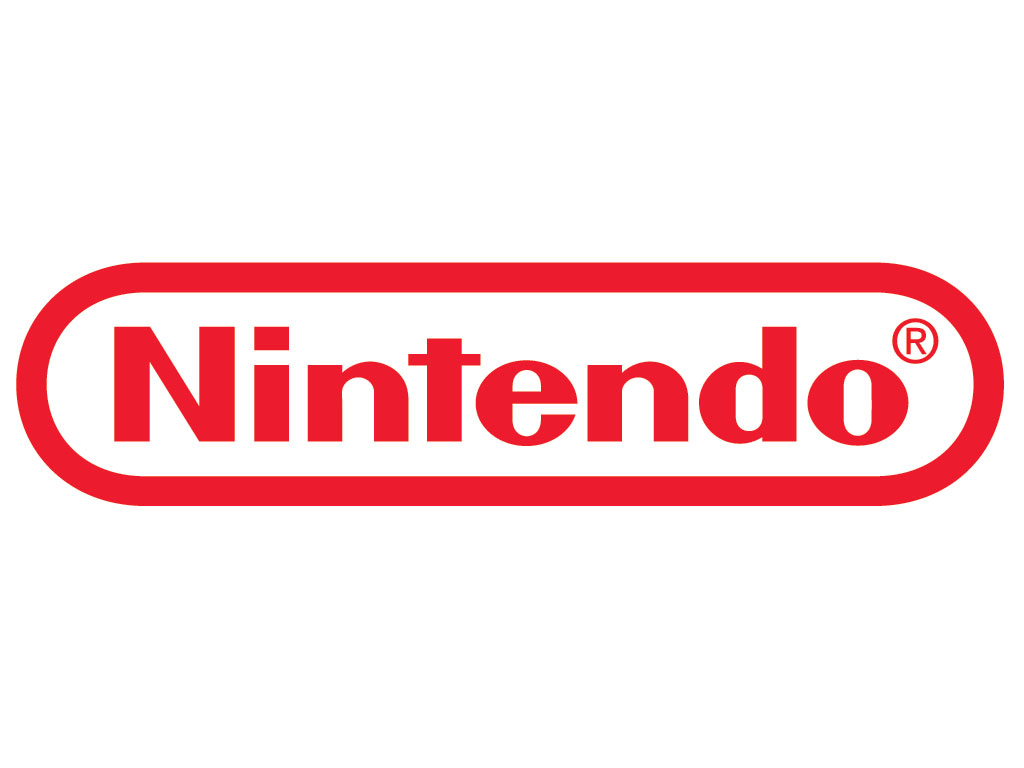Netscape for Books
/It's happening again. It's happened before, and it'll keep happening.* Companies and industries fail to innovate, and everything comes crumbling down.
But not without a fight.
There's a fun new study that more or less slaps independent writers on the wrist and says "Have fun on food stamps. If you want a real paycheck, remember who keeps the lights on."
“The new lesson from this study is that the chances of having a financially viable writing career may be best for hybrid authors and traditionally published authors.”
Hey, cool! Thanks for the info, Mr. Dinosaur!** To us, and other super smart people like Brian O'Leary, this feels like another not-surprising example of established industry players defiantly standing still while the new world passes them by. Hope Netscape's treating you well, jerks.
So, let's pretend you haven't made it past the pearly gates at Random House, like everyone else. Have you considered independent publishing? Other formats? Done your research?
“Independent authors are electing to sidestep the supply chain, publish without identifiers, and test new forms and new platforms that look nothing like a book.”
Feels like a revolution to me.
So maybe your novel isn't ready yet, but there's never, ever been a better opportunity to experiment with a variety of formats. I'm sure you've heard about Kindle Singles, but have you tried The Atavist for non-fiction, The NewerYork for your crazier, experimental works or The Fog Horn? (blushes)
There's absolutely zero chance we can offer the sort of wealth that a traditionally published New York Times Bestseller implies. But we do offer $1000 for published short stories. And we feel like that's a hell of a start. The money's green, son.
So many new opportunities to make your mark. Don't fear the future.
Every word counts. Use the tools available to you and get paid.
We're ready when you are.
*Oh, and Final Draft? You're next.
** This is not to imply the dinosaurs died because they failed to innovate. But having a space program to research and deploy asteroid-deflection measures wouldn't have hurt. Ahem.



